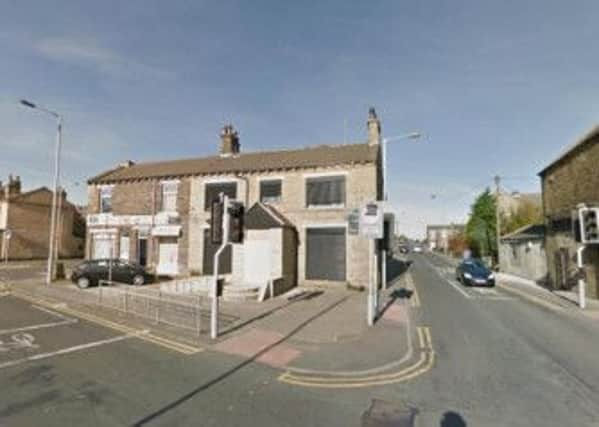Bradford planners slated for allowing pub to be turned into mosque


Bradford councillors who approved plans to turn the old Royal Hotel on Fagley Road into a mosque in March 2013 have also been criticised over their apparent failure to understand what constitutes ‘material planning considerations’.
The application was passed despite many objections, including a petition.
Advertisement
Hide AdAdvertisement
Hide AdPlanning officers had recommended that the plans be refused on the grounds that the mosque would cause a noise nuisance and “general disturbance” to neighbouring residents.
A complaint to the watchdog body, the Local Government Ombudsman, prompted an investigation which uncovered flaws in the process.
The Ombudsman ruled that the council was at fault for failing to provide reasons for granting permission.
Although the council said the development was acceptable “in terms of residential amenity, visual amenity and highway safety”, it failed to give the reasons why it had come to those conclusions.
Advertisement
Hide AdAdvertisement
Hide AdThe Ombudsman said: “The Council is only required to provide summary reasons. However it is not enough to simply state that the development complies with policies and is acceptable.”
Some councillors on the planning committee were also criticised for citing irrelevant points when interviewed by an investigator from the Ombudsman’s office.
“When I interviewed members of the Council’s Planning Committee many were unable to remember why they had granted permission,” said the Ombudsman’s report.
“Whilst I understand that some time has passed since the decision was made the Committee would be in a better position to explain its decision if the reasons had been properly recorded. Because of this I was given several different reasons why permission was granted. Some of these were not material planning considerations such as:
Advertisement
Hide AdAdvertisement
Hide Ad* The use as a place of worship would not cause as much disturbance as takeaway premises.
* A place of worship has a positive impact on the community whereas a pub does not.”
Councillors also gave weight to the planning applicant’s offer of marshalling vehicles at busy times “even though there was no way the Council could enforce this. Some members of the Committee thought this had been a condition rather than a footnote,” the Ombudsman noted.
Despite finding fault, the Ombudsman concluded that the committee would probably have granted permission even if it had followed the correct procedures.
Advertisement
Hide AdAdvertisement
Hide AdThe report said: “Therefore in the circumstances it would not be appropriate to take further action by way of compensation to the complainant at this stage.”
The Ombudsman is recommending that the council apologise to the complainant for failing to provide adequate reasons for the decision.
The council has also been told to ensure that planning panels record reasons for their decisions, especially when they go against officer recommendations. Councillors will be reminded of their obligations at a future training session.